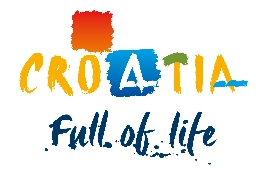


.jpg&w=3840&q=75)


Life along the sea and rivers
The geographical position of north-western Istria has greatly influenced historical and economic events in this part of the peninsula and shaped the lives of its inhabitants.
Almost completely without industrial facilities, the green and blue region of Umag and Novigrad today lives in harmony with nature and to the rhythm set by two rivers and the open sea. The rivers, a never-ending source of inspiration and new ideas, and the sea, part of the blue expanse of the Mediterranean, have shaped the open and cosmopolitan spirit of the local people.
The natural frontiers of northwest Istria
Waterways make up the natural boundaries on three sides of this area:
To the south is Mirna River, Istria’s longest river
To the north, Dragonja River, which is the border to neighbouring Slovenia
To the west is the third aquatic barrier, the Adriatic Sea
Each of these bodies of water has left their mark, compounding the region’s complex identity and customs.
In the past, boats could sail up Mirna River deep into the interior of Istria. Today, several bridges span the river. The river has become increasingly interesting to day-trippers and sportsmen, attracting numerous anglers. The underground springs feeding the river supply drinking water many households.
The Mirna River – Istria's longest river
Mirna River has created its own ecosystems. More than 200 bird species, half of all the known species in Europe, live in the area, near Novigrad, where the river flows into the Adriatic. The magnificent Motovun Forest, a rare gem of nature in the entire Mediterranean, has grown out of the soil deposited by the river.
Many mills, powered by the force of water, were scattered along Dragonja River and its tributaries.
Finally, the mark of the blue Mediterranean is visible in each step of the region’s Mediterranean flora, and in the special link, it cultivates with olive trees and vineyards.


Destinations
Additional Information


©2026 Colours of Istria. All rights reserved. No part of this site may be reproduced without our written permission.























